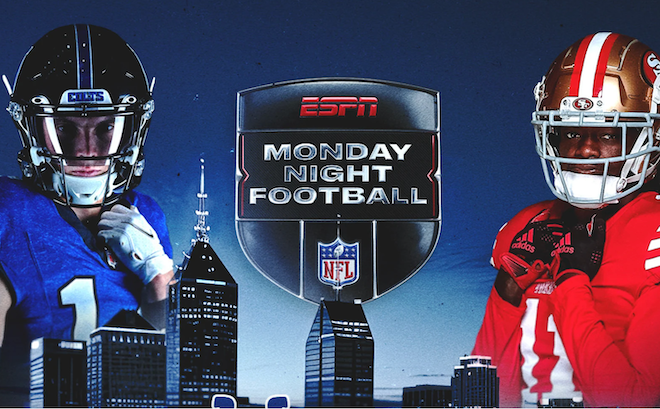I’ve been reading a lot about the steady decline of Priceline.com. (I’m still trying to decide whether the company is one of the most ridiculous business concepts ever to gain venture capital, or a brilliant idea that was simply far too ahead of its time.)
Whenever I do, I can’t help but think about the presentation founder Jay Walker made last spring to a group of marketing executives. No matter how he may be perceived now, people were really interested in what Walker had to say back then. And he enthralled this audience by outlining what he saw as the basics of successful Internet marketing: Companies needed to fulfill a consumer need, be it convenience, savings, information, or entertainment, he said. He suggested that the entertainment factor could be the most important of the four.
Judging by the examples found in this month’s cover story (pg. 46), it appears as if brand managers fully understand the importance of providing entertainment: Anheuser-Busch hosts brew-making courses. Lincoln offers a visual tour of American luxury. Toys “R” Us creates a retail environment that’s as much theme park as store. Verizon builds luge runs at major ski resorts.
Wait. Let’s run through those again.
Bud World entertainingly teaches consumers about beer and the brewing process and, oh yeah, how great the brand is. The message is that Budweiser equals quality beer and good times. Got it. Lincoln bathes visitors in opulent atmosphere, putting their latest vehicle center stage. So Lincoln equals luxury. Check. Geoffrey goes Hollywood, giving kids and parents numerous reasons for return visits. Toys “R” Us equals happy children. Understood. Verizon offers snow lovers a chance to go luging, then runs product demos and hands out information about wireless services at the bottom of the hill. What’s the equation there? Verizon is like a fast ride down a cold mountain? That simile might work for York Peppermint Patties, but does it do anything here?
Careering down an ice luge does sound like an experience that I wouldn’t soon forget (I’ll ask managing editor Dan Hanover, who hits the slopes of New York’s Windham resort this month to give Verizon’s concept a try). But does it provide any connection to the brand? Or does it, like so many memorable advertising campaigns, make a generic emotional impact but no lasting brand impression? (I still smile when I think of Outpost.com’s TV spots; I’d have to visit the Web site – which I never have – to remember what the company does.)
Experiential marketing is exploding. Event marketing, be it of the “experiential” or more traditional tents-and-samples variety, is everywhere. Sponsorships are abundant, with many brands moving beyond established properties to create their own consumer diversions.
But the marketing message must remain clear, not buried beneath a mountain of “fun.” Perhaps the trick in doing that is to find a better way of building information into the entertainment. Budweiser, Lincoln, and Toys “R” Us imbued their “experiences” with the brand message. Procter & Gamble is doing likewise with Culinary Sol, its online and offline cooking school (“total immersion through a unique and flavorful epicurean experience,” replete with P&G products, boasts culinarysol.com). Yes, P&G wants the concept to be entertaining, but “fun” is just one piece of the pie, so to speak.
“Experiential marketing is about showing your customers that the brand wants to be a part of their lives,” says Robin Kaminsky, Pepsi-Cola’s director of alternative beverages, in our cover story. But it has to be a meaningful part. Otherwise, a brand can end up with the same reputation as your college roommate: great to party with, but not the type of guy with whom you feel compelled to stay in touch.
From the “please don’t offer a promotion on this product” department: In making plans for the arrival of our first child, my wife called Viacord, a Boston-based company that stores umbilical cords so that the blood stem cells they contain may be used if a baby requires a future transplant. Deciding whether or not to use the $3,000+ service was extremely difficult, since a vote for financial pragmatism was, perhaps, a vote for a lifetime of guilt. Nonetheless, we chose not to do it.
Several days later, we received a phone call from the company. “In addition to the holiday promotion we already told you about,” said the energetic salesperson, “we are prepared to offer you two more years of free storage. That’s a total of four free years of storage if you act before the end of the year.”
Thanks, Viacord. Reminding us that, despite its life-saving potential, this service is a commodity to be bought, sold, and promoted, put things in a different perspective.



